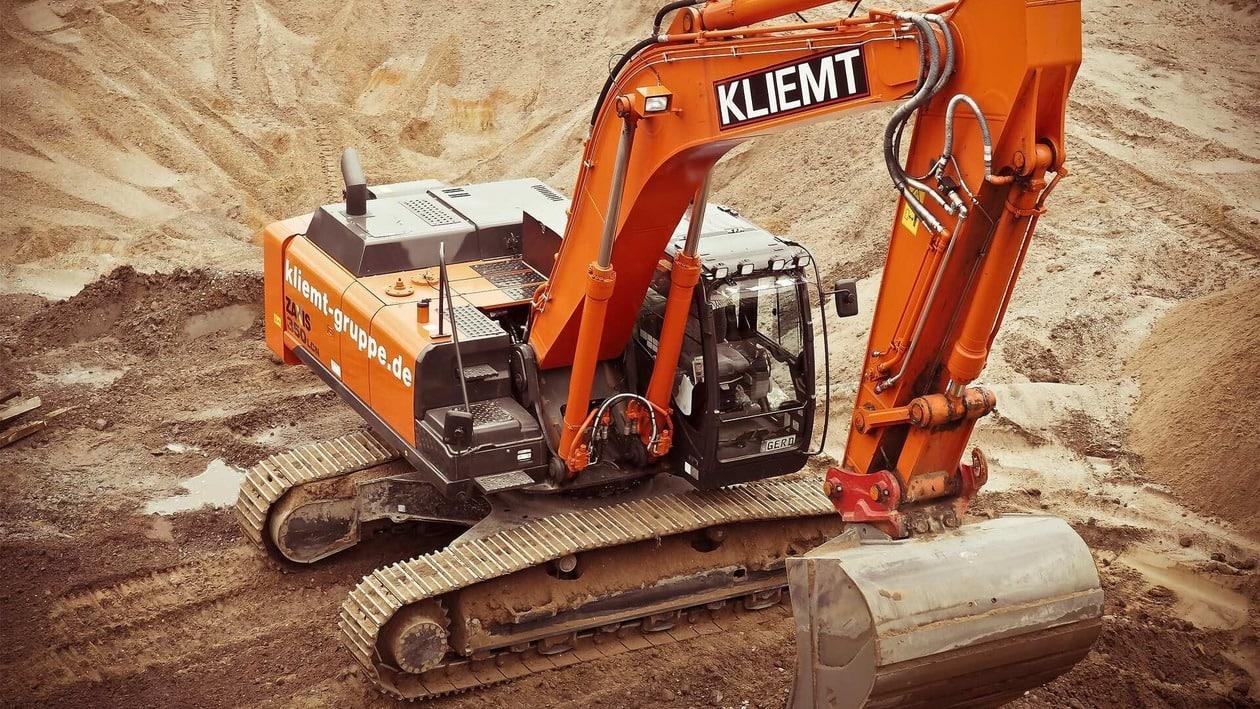Infrastructure Investment Trust (InvIT) is a collective investment instrument especially pertaining to infrastructure assets. Like mutual funds, it pools together funds from long-term investors. Basically, instead of stocks, this pool of funds is used to acquire income-generating infrastructure assets from developers. It has a portfolio of operating infrastructure assets with a regular and stable stream of income. This income is given to unitholders as returns.
In India, 3 public InvITs are listed on the stock exchanges: IRB Infrastructure Investment Trust (IRB InvIT), India Grid Trust (IndiGrid InvIT) and PowerGrid Infrastructure Investment Trust (PowerGrid InvIT).
Market regulator Securities and Exchange Board of India (SEBI) first issued the infrastructure investment norms in 2014, allowing companies to raise funds in infrastructure projects through a Trust. The first InvIT was floated in May 2017 in India. As per a report by HDFC Securities, currently, there are 15 InvITs in India registered with SEBI with combined assets under management (AUM) of more than Rs. 1.2 lakh crore.
"A government task force has estimated ₹111 lakh crores of investment is required in infrastructure in India through fiscal 2025, twice of what was spent in the last 5 fiscal years. InvITs are expected to play a significant role going forward, due to the increasing need of alternative financing channels to meet the investment needs in infrastructure," the report stated.
Structure
InvITs have a 4 tier structure with a trustee, sponsor, investment manager and project manager as the key elements.
A Trustee is someone who inspects the performance of an InvIT. He appoints and oversees the activities of the Investment Manager and Project Manager and must be registered with SEBI as a debenture trustee.
Sponsors are people or corporate entities with a net worth of at least ₹100 crore and must hold a minimum of 15 percent of the InvIT for 3 years from the date of issuance. The sponsor is responsible for transferring the assets to the InvIT and for the transactions involved in setting up and establishing an InvIT.
The project manager takes care of the execution and management of the project assets held by the InvIT.
The investment manager carries out the day-to-day management of the InvIT. It could be an organisation of an LLP (limited liability partnership) that supervises all operational activities for the InvIT.
Meanwhile, the unitholder subscribes to InvIT units. The InvIT invests this amount in income-generating infrastructure assets.
Features
One of the main features of InvITs is that it is mandatory to distribute 90 percent of the net distributable cash flows to the unit investors. This cash distribution has to be made at least once every six months every financial year. 80 percent of the assets in an InvIT have to be completed and income-generating.
In case of a sale of any asset in the InvIT, it shall not be required to distribute any sale proceeds to unitholders if it proposes to re-invest the sale proceeds into another infra asset.
If it does not propose reinvestment in any asset, 90 percent of the sale proceeds have to be distributed among unitholders.
Distributions to be made within 15 days of declaration and the investment manager will be liable to pay interest if it does not distribute in this period.
InvITs are fast becoming a preferred route for private equity investors to hold operating infrastructure assets and for infrastructure developers to monetize their investments in these projects.
Tax
Investment rationale:
Regular Source of Income: InvITs have to mandatorily distribute 90 percent of their income through dividends or returns at least twice a year. This gives investors an opportunity to earn regular income from the cash generated by the InvITs.
Diversification: InvITs are great investment tools and offer an excellent investment opportunity to investors who are looking to invest in the infra sector without the hassle of buying and maintaining a property. They generally offer higher yields than corporate bond instruments.
"InvITs allow the investors diversification of portfolio through part ownership in infrastructure projects. The diversified underlying asset base reduces risk and provides more stable returns in the long term," a report by HDFC Securities noted.
Liquidity: It is generally a very easy process to enter and exit an InvIT. Moreover, the ability to exit the units through the exchanges provides liquidity options for unitholders.
Exposure to diversified infrastructure assets: InvITs hold a large number of infra assets which reduces asset exposure to any single asset thus trimming the risks. InvITs are generally professionally managed with Sponsors having wide experience in managing such assets. Since at least 80 percent of InvIT's assets are income generating, it reduces project execution risks. The assets of InvITs are usually diversified across roads, power transmission lines, gas pipelines, etc. Some of the InvITs also have plans to invest in relatively newer sectors such as telecom infrastructure (towers and fibers) and renewable energy.
Long-term cash flow: The assets of the InvITs have long-term contracts with strong counterparties that provide a steady cash flow over the long-term, typically 15-20 years. Long-term off-take of these contracts like roads, gas pipelines provides revenue visibility, thus making these sectors attractive for investment.
Risks
The main risk here is regulation. Any change in taxation or any regulatory framework like infra policies would have a deep impact on InvITs. Secondly, inflation also has a high impact on InvITs. This could increase the overall operating costs on InvITs, hence decreasing the returns.
Who can invest in InvITs?
InvITs are also listed in exchanges through IPO-like stocks, however, a minimum investment in an InvIT IPO is ₹1 lakh. It was brought down from ₹2 lakh in 2019 to be more accessible. Due to the high minimum investment amount, usually high net worth individuals or institutions generally find it a good investment option.
InvITs are fast becoming popular and preferred for investors to invest in infrastructure without buying them. It is a good diversification tool mostly for high net worth individuals.
